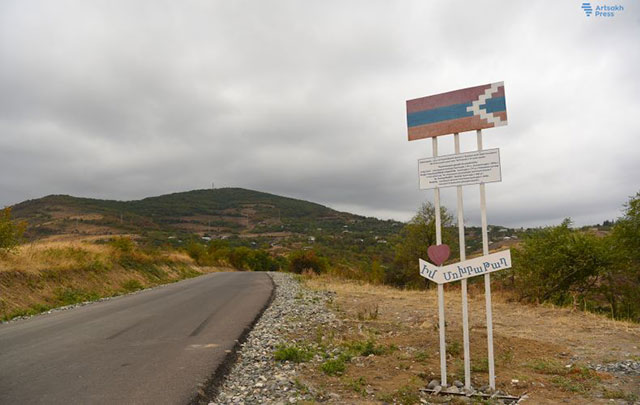Every time I write the phrase “the revolution of 2018,” readers with opposition views object to it, pointing out that:
a/ No serious systemic changes have taken place; moreover, the social order has not changed;
b/ After the change of power in 2018, the situation of our people in terms of security has worsened.
Both of those observations are essentially true. But I am not sure that they have anything to do with the characteristics of the revolution itself. There was no revolution in history that radically changed everything. All the same, there are people left (the entire population cannot be hanged or shot). These people have a certain institutional memory, and even in the case of the most severe coercion, they try to act based on their value system. As for the positive or negative changes, first of all, the assessment given to them is subjective. Some, for example, may consider it a positive fact that “a smile can be seen on people’s faces,” and secondly, who said that the revolution must improve people’s lives? In fact, in terms of political science, revolution is such a crisis that, unlike, for example, elections, cannot be managed with existing institutional tools. The rules of the political game can no longer play a regulatory role, and new ones are needed. No more, no less. The causes of revolutions are the rifts, which in other words can be called “gap,” “split,” what political scientists Seymour Lipset and Stein Rokkan call cleavage.
Read also
The ruptures can be different, but basically there are four of them, and, accordingly, four types of revolutions:
1/ Reformation, where there is a break between the state and the church;
2/ National revolution, where the rupture is between the center (centers) and the periphery of the state (by the way, the ideology of the traditional Armenian parties is historically based on that split, another question is how relevant is that problem in the 3rd decade of the 21st century in the de jure independent Republic of Armenia);
3/ Modernization revolution, where the rupture is between the village and the city, what happened in Western Europe in the 18-19 centuries, and in the USSR, including Soviet Armenia, in the 20th century;
4/ Social revolution, where the rift is between different social layers. The revolution that took place in Armenia was one of those.
The split thus existed until 2018, and a talented orator with enough authority was needed to bring the protest into a revolutionary direction. Another thing is that, taking into account the extreme situation in which our state is, as well as the ontological danger hanging over the head of the nation, that rift should have been quickly eliminated after the change of power and not deepened in order to keep the government as long as possible.
The reasons for social revolutions are mainly two:
1/ The majority of the population is poor;
2/ That majority is disenfranchised and deprived.
Of course, both factors can be important, in one or another proportion, but in my impression, the second factor is more important for Armenians. In other words, our citizens need a political force or figure at the top who, in their opinion, represents their interests. Therefore, the deepening of social problems, since it has not acquired a catastrophic nature, will not shake the strength of the positions of the current authorities. National issues, the loss of Artsakh, the danger of enemy invasion, also, as we see, do not concern the majority of our citizens. The whole point is that being despised or not is also subjective. That same majority does not feel disrespected today and is sure that Nikol Pashinyan’s government represents its interests. How, you ask? I don’t have a complete answer to that question. Probably talking about the former robbery every day.
Aram Abrahamyan




























































